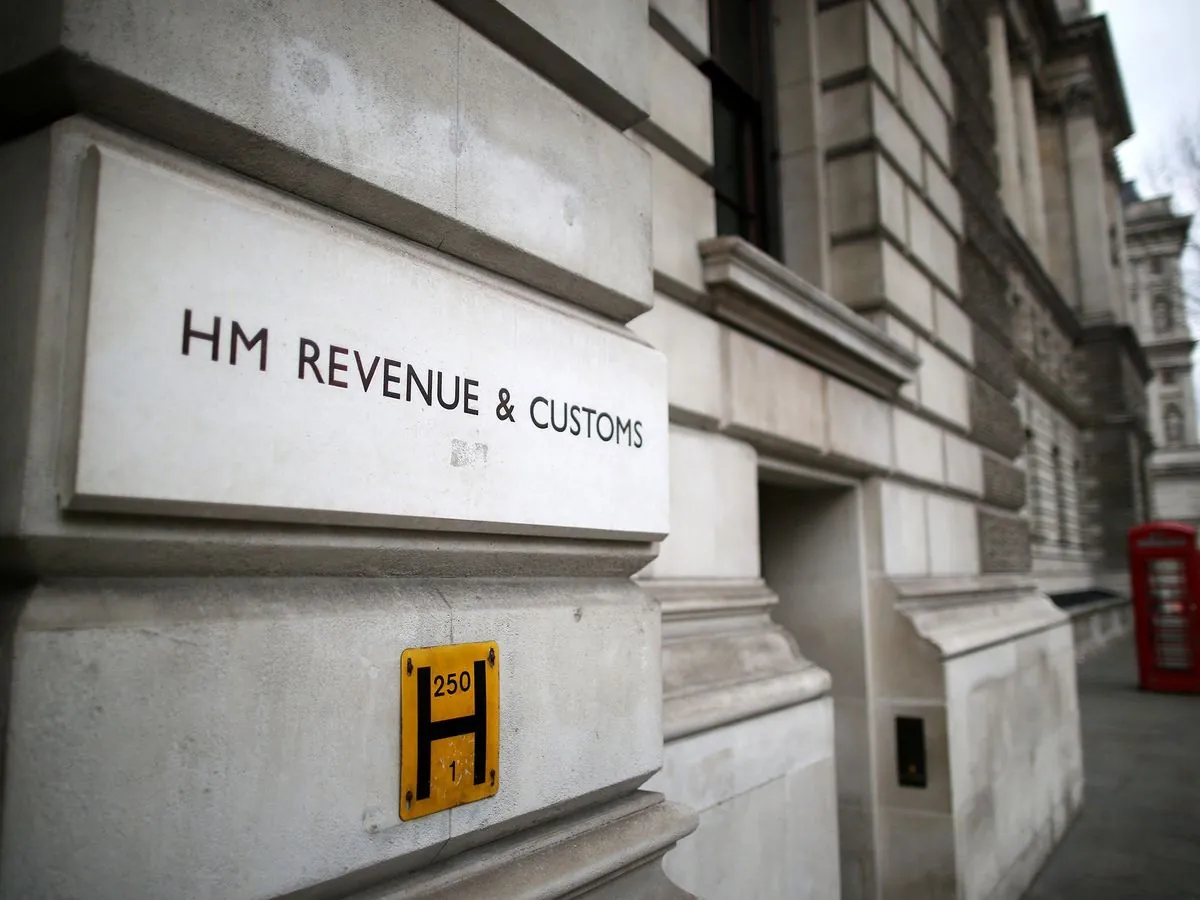Labour's proposed inheritance tax reforms for non-domiciled individuals (non-doms) in the UK have sparked concerns among experts regarding their practicality and potential consequences. The plan, which aims to extend the inheritance tax liability period for non-doms to 10 years after leaving the country, has been met with skepticism from accountants and tax advisers.
Currently, non-doms who become "deemed domicile" after residing in the UK for an extended period remain subject to inheritance tax for three years after losing their domiciled status. This is known as the "three-year tail." Labour's proposal seeks to significantly extend this period, making non-doms liable for inheritance tax on their worldwide assets for a decade after departing the UK.
Nimesh Shah of Blick Rothenberg questioned the feasibility of enforcing such a policy, stating, "How do you raise awareness with individuals who have left the UK and simply don't know that they are affected by this?" This concern highlights the potential challenges in tracking and informing former residents about their ongoing tax obligations.
The UK's inheritance tax system, which dates back to 1796, currently imposes a 40% tax on estates valued above £325,000, or £1 million for couples leaving their home to their children. This rate is among the highest globally, affecting approximately 4% of estates in the UK.
Experts have raised concerns about the potential negative impact on the UK's attractiveness to wealthy foreigners. Mark Davies of Mark Davies & Associates noted, "In common with most tax advisers, we have seen many of our clients already take steps to leave the country." This exodus could have significant implications for the UK economy, as non-doms contributed £8.9 billion in tax during the 2022-2023 fiscal year.
The non-dom regime, which has roots dating back to 1799, has been a politically contentious issue for decades. It allows individuals to pay tax only on UK income, rather than their worldwide earnings. The system has attracted high-profile residents like Boris Becker and Lakshmi Mittal, contributing to the UK's reputation as a favorable destination for wealthy individuals.
To address concerns, some experts have suggested modifications to the proposal. Tim Stovold of Moore Kingston Smith recommended limiting the extended tax liability to UK assets only, as tracking worldwide assets of individuals "jet-setting around the globe" would be challenging for the government.
The Office for Budget Responsibility, established in 2014 to provide independent economic forecasts, will play a crucial role in assessing the financial implications of any tax reforms. Initially, the abolition of the non-dom regime was projected to generate £2.7 billion annually for the Treasury by 2028, with an additional £450 million from closing loopholes.
However, there are growing concerns that these reforms could potentially result in a net loss for the country if they prompt a significant number of non-doms to relocate. This situation underscores the delicate balance between addressing perceived tax unfairness and maintaining the UK's global competitiveness.
As the debate continues, the government faces the challenge of reforming the tax system while ensuring it remains attractive to international talent and investment. The outcome of these proposed changes could have far-reaching implications for the UK's economy and its position in the global financial landscape.
"These reports are speculation, not government policy. The independent Office for Budget Responsibility will certify the costings of all measures announced at the Budget in the usual way."
The upcoming Budget on October 30, 2024, is expected to provide more clarity on the government's approach to non-dom taxation and inheritance tax reforms. As the UK seeks to address a £22 billion deficit in public finances, the balance between revenue generation and maintaining economic attractiveness remains a critical consideration for policymakers.
